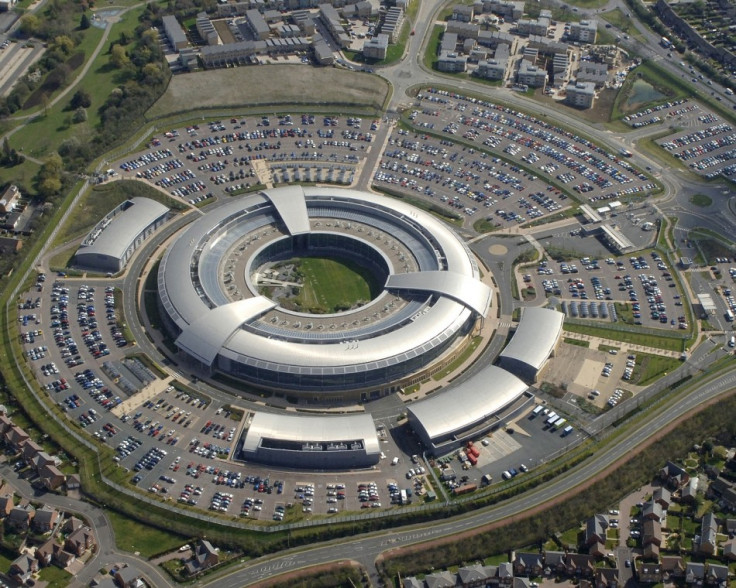GCHQ Stance on Social Networks Lambasted as 'Divisive and Offensive' by Privacy Organisation Open Rights Group

GCHQ's new director, Robert Hannigan claims that spy agencies have a good story to tell about online privacy, but his remarks have been branded as "divisive and offensive" by privacy campaigners.
On his first full day at the helm of the government listening post, Robert Hannigan said in an opinion piece for the Financial Times that US technology companies are "in denial" about becoming "the command and control networks of choice" for extremist groups in Iraq and Syria.
Hannigan says GCHQ has "a good story to tell" about privacy and is happy to "be part of a mature debate on privacy in the digital age," but adds that privacy "has never been an absolute right".
However, coming in the wake of revelations by NSA whistle-blower Edward Snowden that GCHQ had apparently spied on the communications of innocent people on an industrial scale, Hannigan's comments have been dismissed as "divisive and offensive."
In a statement sent to IBTimes UK, Jim Killock, executive director of the Open Rights Group, said:
Robert Hannigan's comments are divisive and offensive. If tech companies are becoming more resistant to GCHQ's demands for data, it is because they realise that their customers' trust has been undermined by the Snowden revelations.
It should be down to judges, not GCHQ nor tech companies, to decide when our personal data is handed over to the intelligence services. If Hannigan wants a 'mature debate' about privacy, he should start by addressing GCHQ's apparent habit of gathering the entire British population's data rather than targeting their activities towards criminals.
Snowden's leaked documents claim agencies such as GCHQ and the NSA can gain access to the servers of companies such as Facebook, Twitter and Apple to monitor suspicious activity, as well as tap into telephone calls, emails and more. Technology companies mentioned in the leaks have denied giving security agencies a "back door" to their data.
Uncomfortable truths
A "better, more sustainable relationship" between spy agencies and technology companies is what Hannigan wants to achieve, but admits this means "addressing some uncomfortable truths. Better to do it now than in the aftermath of greater violence."
Hannigan asks for "greater co-operation" from social networks, and claims that GCHQ and its sister agencies MI5 and the Secret Intelligence Service cannot tackle extremists without improved support from the private sector, including US tech companies which "dominate the web."
© Copyright IBTimes 2025. All rights reserved.






















